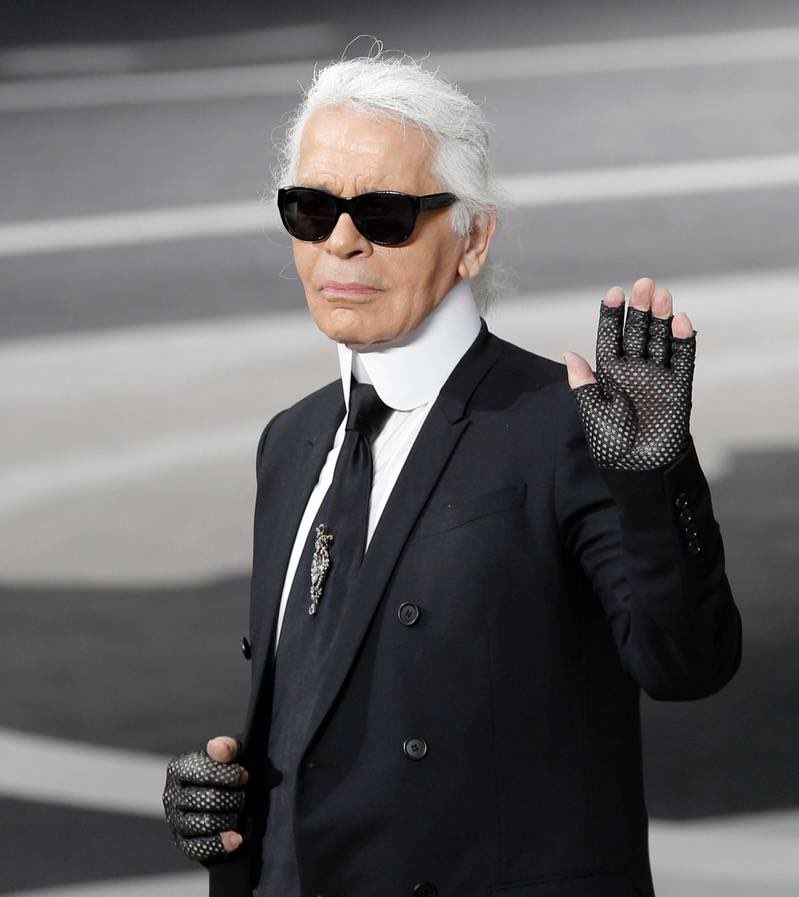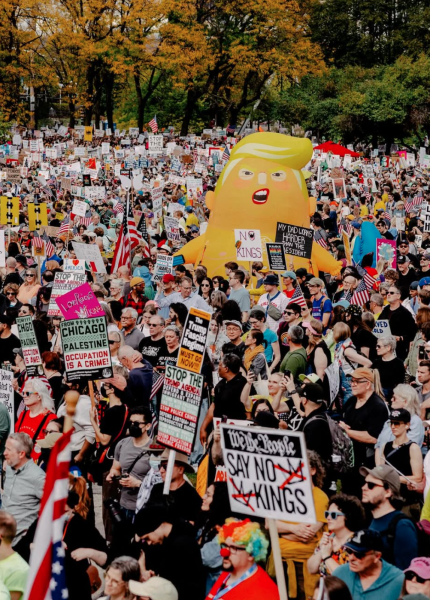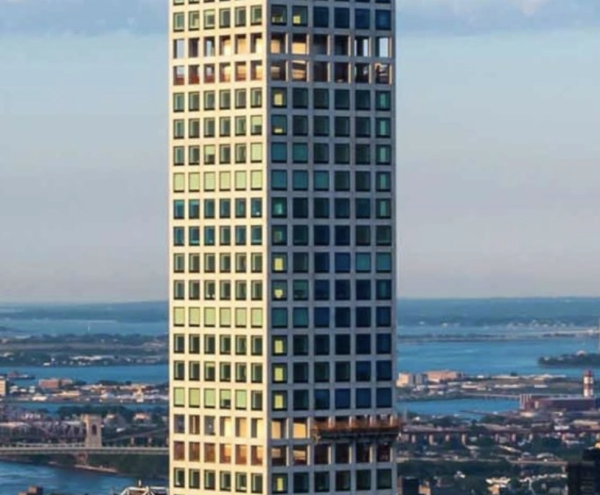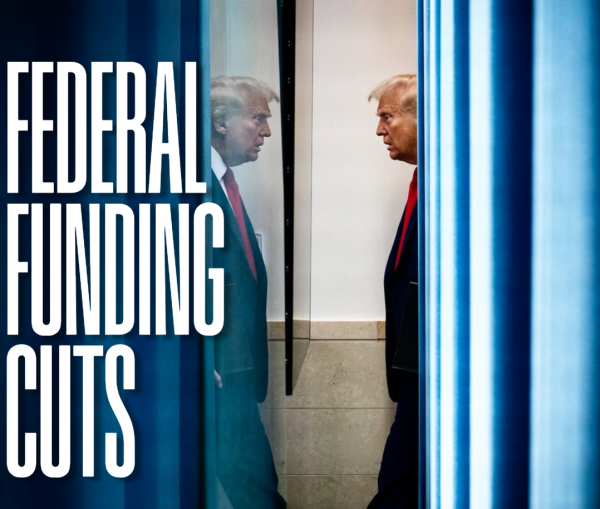The 2023 Met Gala Theme Is a Great Opportunity — Will It Be Taken?
The Met Gala, an illustrious fundraiser for the Met Costume Exhibit held every May at the Metropolitan Museum of Art, is known for its guests’ creative outfits, often chosen to match the yearly theme and the introduction of the institute’s annual fashion exhibit at the museum. The gala’s 2023 theme was announced on Sept. 30. The event will pay tribute to the legendary fashion designer Karl Lagerfeld. Lagerfeld, a German designer who passed away in 2019, was the creative director of Chanel, Fendi and his own eponymous brand. However, while he had a long and impactful career in fashion, he also has a controversial past regarding his views on plus size women in the fashion industry, refugees and the #MeToo movement. Lagerfeld was unapologetic when it came to his opinions, with comments like “no one wants to see curvy women” and “if you don’t want your pants pulled about, don’t become a model.”
The Met Gala has been facing criticism over its decision to honor him in next year’s theme. While his comments are incredibly offensive and shocking, I do not think the Met Gala should detract their theme choice simply because he is controversial. Instead, I think an exhibit on Lagerfeld’s work presents an excellent opportunity for a healthy dialogue on the fashion industry’s history of excluding certain body types and the industry’s powerful role in what society considers “beautiful.” The Met Gala’s theme should stand as a testament as to why the art should not be separated from the artist, but instead, used as a productive conversation starter.
Even if the Met Gala’s theme was changed, the people involved with the gala and the fashion industry in general would have a difficult time scrubbing Lagerfeld from its annals. He was the creative director of three major brands and was incredibly well-connected. Whether we like it or not, his work and influence is deeply ingrained into the fashion world. His views reflect the ugly and exclusionary side of fashion; he just happened to be unafraid to be direct about it.
It is very tempting to separate the art from the artist in this instance and pretend that Lagerfeld’s work was created in a vacuum, that his views are outliers in the industry. After all, I love watching the Met Gala red carpet. It’s thrilling to see the creative masterpieces celebrities wear for the event, as equally entertaining as it is to critique celebrities not dressed to theme or wearing downright ugly outfits. However, as someone with a body shape implicated in his quote on curvy women, it’s hurtful to know his past and see his legacy be celebrated anyway.
Despite feeling hurt though, I know artists and their art are inherently tied, and I think this fact should be used in the Lagerfeld exhibit to promote a larger conversation. Showcasing Lagerfeld’s impressive work alongside his derogatory views in the Met exhibit would create a different kind of art installation than one that simply shows off his design skills. It instead invites the viewer to think about fashion as an imperfect industry, one that can be so beautiful yet at the same time so ugly.
This sort of exhibit will not be comfortable, especially since many of the celebrities and event leaders attending had personal friendships with Lagerfeld. We do not know what they thought about his views — whether they agreed with him that plus size women should not be models or if they disagreed and looked past his views because they shared a friendship of value. However, I imagine that his colleagues feel sad in a way, too, that someone so great and accomplished had such shortcomings.
It is natural for us, as humans, to want to glorify a significant figure and look up to them as a hero. It makes us feel like accomplishing the impossible is possible. But portraying such a flawed individual in a heroic manner is not moral. By leaving out the full picture, the person is no longer human in the mind of society, and it can get ugly when the truth comes out and their pedestal shatters.
Realistically, though, I do not foresee the Met Gala exhibit adopting this more nuanced portrayal of Lagerfeld in their exhibit. He is far too ingrained in the fashion industry for a reckoning of his views to occur at an event attended by the who’s who of fashion. It is disappointing, but I must acknowledge the Met Gala is not really known for being the most in touch with reality — last year’s “Gilded Age” gala received a lot of criticism for occurring in the midst of a bad period of inflation during a global pandemic.
Still, the Met Gala is months away. After being hounded with criticism over an insensitive choice of theme for the second year in a row, Anna Wintour and the Metropolitan Museum have a lot to think about. Hopefully they will use these next months to arrange a more holistic exhibit of the person they are honoring.
Sarah Kenny, FCRH ’24, is a political science major from Seattle, Wash.










































































































































































































